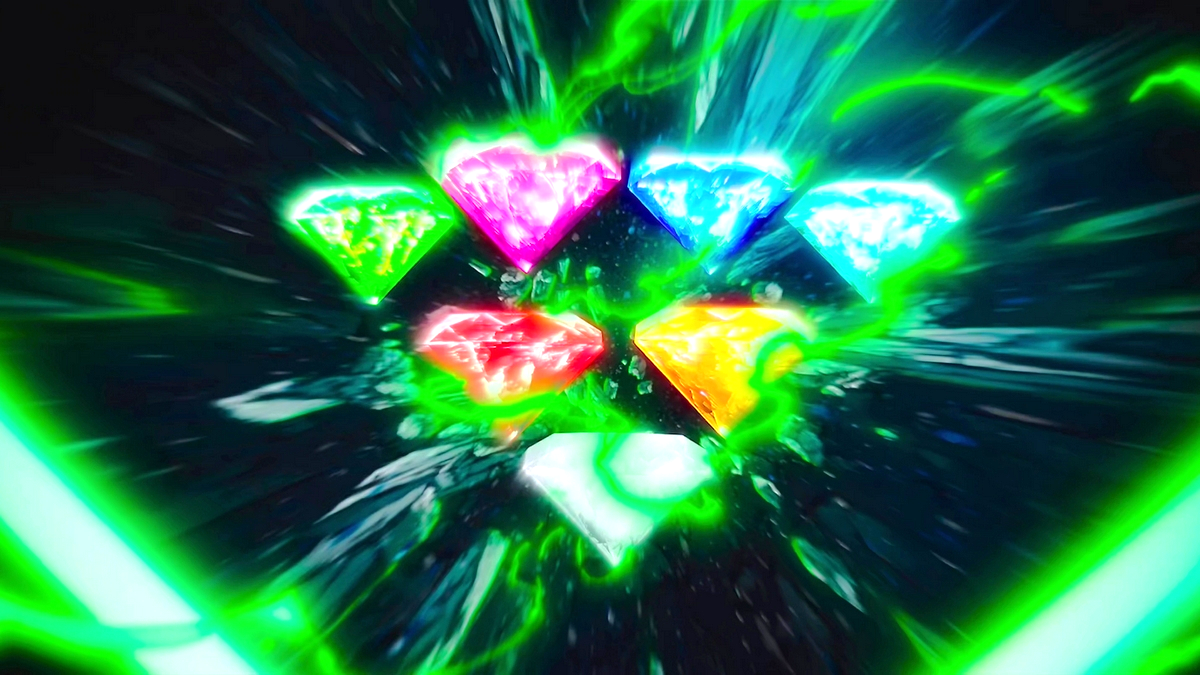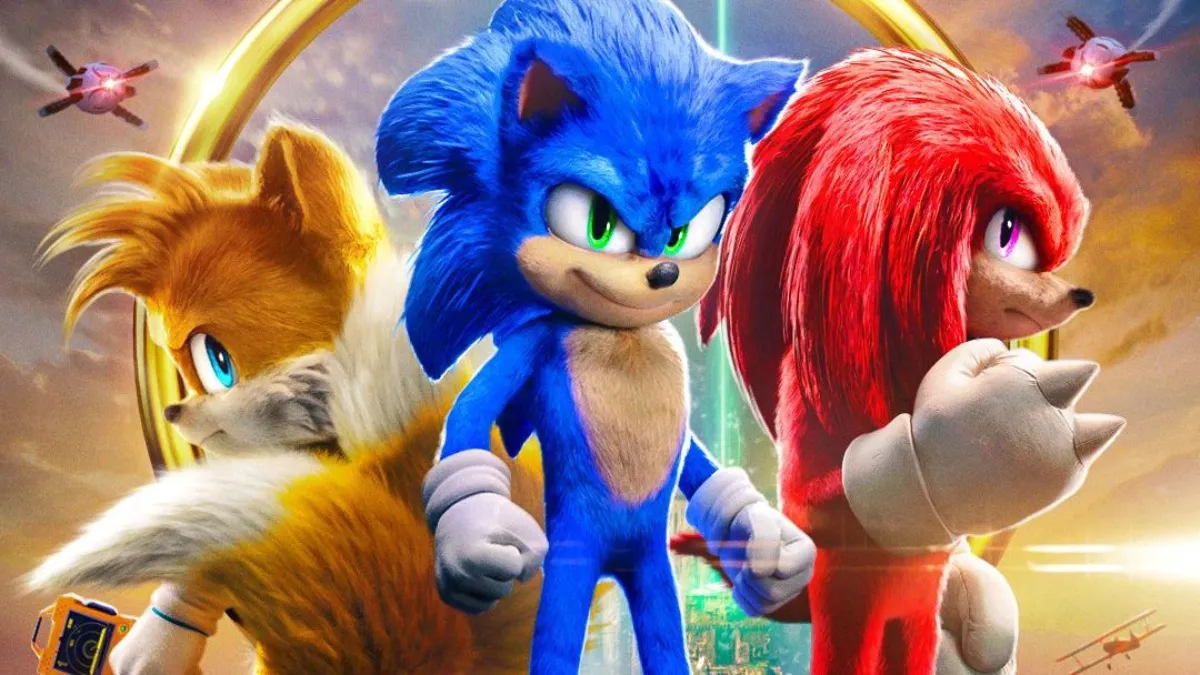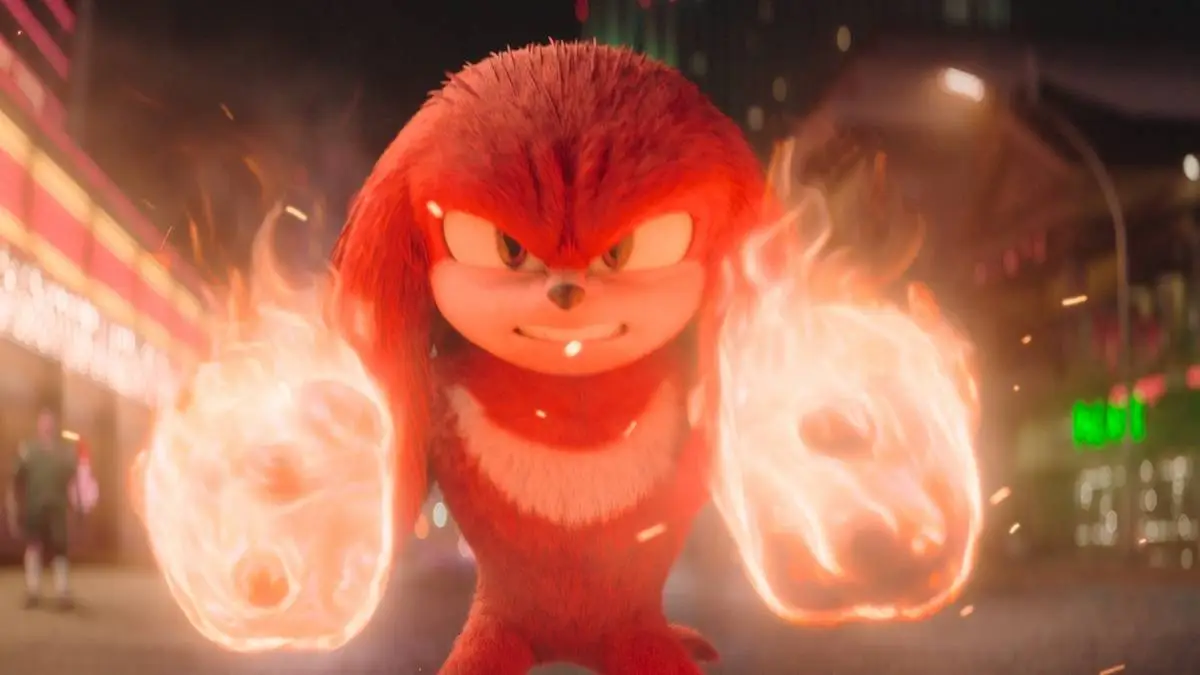
Paperbound probably isn’t the type of game you would imagine gestating in the mind of a former Call of Duty: Advanced Warfare developer, but it is definitely a game you should be welcoming with open arms. Dissident Logic aims to expand the multiplayer brawler genre by exploring the possibilities of what it would mean if the characters in the pages of our favorite books came to life and were pitted against each other in combat.
What could possibly bring our favorite literary characters to life you ask? Well, the bigger question is why you didn’t immediately consider the possibility of magic dust as the answer. Somehow, this magical concoction falls on the literary works: A Journey to the Center of the Earth, Dante’s Inferno, Musashi’s Book of Five Rings, the Ancient Egyptian Book of the Dead, and Skull Kingdom. These unique worlds are rendered with a gorgeous, hand-drawn, art design that complements the game’s appeal to the printed page. The crisp and vibrant colors remind me of daydreams in high school, when my mind would wander off to some enchanted space of my own design.
Diving into the game’s actual combat requires carefully choosing from eleven original characters from the books that Paperbound draws inspiration from, but their source inspiration certainly hasn’t limited the player’s options. Additional cameo characters appear, including Juan Aquacate from Guacamelee! and The Locksmith from Monaco. Putting your favorite fighters face-to-face in a battle remains fresh across eighteen levels, spread throughout the five books, by offering a variety of stage designs that create unique battle situations.
One stage, in particular, features a long oval shaped platform continuously rotating in the center. This can quickly separate you from a teammate and induce a state of panic, or shield you from a free-for-all paper bloodbath offering a moment of reprieve. Of course, the addition of throwable scissors and ink bombs also contribute to the game’s tension by removing the comfort of distance from the equation.

Paperbound’s intense combat moments dominate the core gameplay and are complemented by a plethora of unique experiences which carefully avoid a reliance on the classic deathmatch staple. Offering up several additional modes for variety in the form of Capture the Quill, Longer Live the King, and Last Man Standing, the game manages to bring plenty to the table.
Both Capture the Quill and Longer Live the King easily stand out as a favorite mode, but a unique alteration to the core gameplay of frag based matches creates an imaginative form of play with the introduction of page tears. These unique portals in the stage appear after players reach the score limit and must be reached to claim victory, but passing through one requires a wealth calculated skill and cunning maneuvers. Eliminating your rivals is not enough. This simple, yet brilliant decision, ensures the tension of each match remains a constant force invading the game’s atmosphere.
Reaching a page tear is easily the most nerve-wracking experiences of Paperbound, which is extrapolated to the game’s free-form environments. Navigating the stages creates truly unique engagements with enemies, especially after you gain mastery over Paperbound’s unique gravity switch mechanic, which yields hilarious results. I often found myself inches away from a page tear only to discover that someone manipulated the game’s gravity to propel themselves behind the tear where they patiently waited to cut me down. These clutch moments, when your palms are sweaty from the anticipation of glory, transform into a brutal match of cat-and-mouse gameplay that forces players to remain vigilant and anticipate where the next page tear will appear.

Unfortunately, the appeal of Paperbound and the pure entertainment found in the fast-paced gameplay seems to be completely lost without the presence of a group of friends next to you. While the game does offer bots to fill matches with missing players, or help refine your skills, it is simply no substitute for the ability to trash talk with another human being. Combining the dynamic of human interaction with the game’s unique charm makes you want to instantly add Paperbound to your collection of multiplayer brawler games, but it’s a questionable purchase if you cannot imagine yourself playing with a group of friends.
Additionally, the same mechanics that make the game a blast to play with friends easily drag it into the depths of frustration. Jumping into a solo match also plasters your back with an easy target that bots seemed hardwired to relentlessly bombard with attacks. When playing the core deathmatch modes, the bots savage conquest of the battlefield can force matches to drag out to obscene lengths, as you are constantly annihilated milliseconds before entering a page tear. These experiences with the game reaffirm that Paperbound is inherently designed to be enjoyed with friends, which is an important consideration before spending ten dollars and adding it to your collection.
Still, in spite of the game’s flaws, Paperbound is a unique take on local multiplayer titles that have seen a resurgence in the last few years (Samurai Gunn, Nidhogg, etc). Dropping on the couch with a group of friends, talking trash, and absolutely destroying each other never ceases to grow old with Paperbound, but its lack of substance away from the local co-op aspect completely takes away from the game’s single-player appeal.
In the end, though, Paperbound taps into some magical element of our subconscious that wants to be charmed by an imaginative world and stimulated by conflict, making the game a worthy addition to your collection of multiplayer brawlers.
This review is based on the PC version of the game, which we were provided with.






